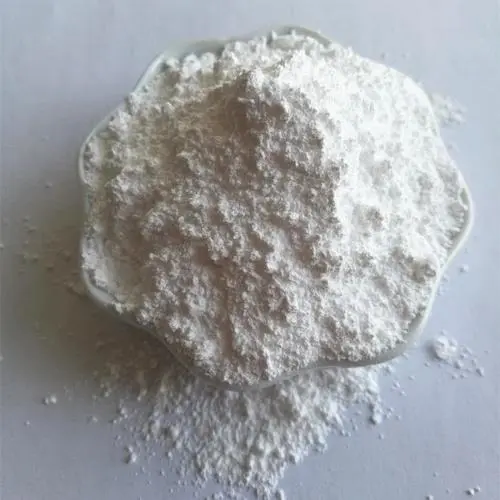
Exploring Top Manufacturers of Perlite for Horticulture in China and Their Innovative Solutions
The Role of Perlite in Horticulture Insights from Chinese Manufacturers
Perlite, a naturally occurring volcanic glass, has gained significant popularity in horticulture due to its unique properties and benefits for plant growth. As the global demand for innovative horticultural materials rises, Chinese manufacturers have emerged as key players in the perlite industry, producing high-quality perlite products used in various agricultural and gardening applications.
Understanding Perlite
Perlite is formed when volcanic glass is rapidly cooled and then expanded by heating. This process creates a lightweight, porous material that retains moisture while providing excellent aeration for soil. Its unique structure makes it an ideal component in potting mixes, soil amendments, and hydroponic systems. In horticulture, perlite is mainly used to improve drainage, reduce soil compaction, and enhance root development.
Benefits of Perlite in Horticulture
1. Improved Soil Aeration One of the primary benefits of perlite is its ability to enhance soil aeration. The lightweight, porous nature of perlite allows for better air circulation in the soil, which is essential for healthy root growth. Adequate aeration helps prevent root rot and other problems caused by compacted soil.
2. Moisture Retention Despite its ability to improve drainage, perlite also retains moisture effectively. This property is particularly beneficial in hot climates where soil can dry out quickly. The moisture-retaining capabilities of perlite ensure that plants receive consistent hydration, promoting healthy growth and development.
3. pH Neutral and Non-Toxic Perlite is chemically inert, which means it does not alter the pH of the soil or release harmful substances. This characteristic makes it a safe addition to any growing medium, promoting sustainable horticultural practices.
china perlite horticulture manufacturers

4. Lightweight and Easy to Handle Compared to other soil amendments like clay or compost, perlite is lightweight, making it easy to mix and transport. This feature is especially advantageous for commercial growers who require large quantities of growing media.
5. Versatile Applications Chinese manufacturers produce perlite in various grades, making it suitable for different horticultural applications. Whether for potting mixes, seed starting, or hydroponic systems, the adaptability of perlite makes it a valuable resource for growers of all types.
Chinese Perlite Manufacturers Leading the Industry
China has positioned itself as a significant producer of perlite, offering a wide range of products tailored to the needs of horticulturists. The country's manufacturers are increasingly incorporating advanced technologies in their production processes, ensuring consistent quality and efficiency. This commitment to quality has allowed Chinese perlite producers to meet the growing demands of both domestic and international markets.
Furthermore, many Chinese companies are investing in research and development to explore innovative uses of perlite in horticulture. They are collaborating with agricultural scientists and horticulturists to create specialized products that address specific growing challenges, such as water retention in arid regions or enhanced nutrient delivery in hydroponic systems.
Future of Perlite in Horticulture
As the horticultural landscape continues to evolve, the demand for effective and sustainable growing media will increase. Perlite’s unique properties position it as a key resource in this sector. With the continued growth of the horticultural industry in China, manufacturers are likely to further enhance their production capabilities, focusing on research-driven innovations that cater to the diverse needs of growers.
In conclusion, perlite plays a crucial role in modern horticulture, offering numerous benefits that enhance plant growth and sustainability. Chinese manufacturers have established themselves as leaders in this market, producing high-quality perlite products that contribute significantly to the success of growers worldwide. As we look to the future, the partnership between innovative manufacturers and forward-thinking horticulturists will be essential in promoting healthier and more sustainable agricultural practices.
Share
-
Premium Pigment Supplier Custom Solutions & Bulk OrdersNewsMay.30,2025
-
Top China Slag Fly Ash Manufacturer OEM Factory SolutionsNewsMay.30,2025
-
Natural Lava Rock & Pumice for Landscaping Durable Volcanic SolutionsNewsMay.30,2025
-
Custom Micro Silica Fume Powder Manufacturers High-Purity SolutionsNewsMay.29,2025
-
Custom Mica Powder Pigment Manufacturers Vibrant Colors & Bulk OrdersNewsMay.29,2025
-
Custom Micro Silica Fume Powder Manufacturers Premium QualityNewsMay.29,2025






